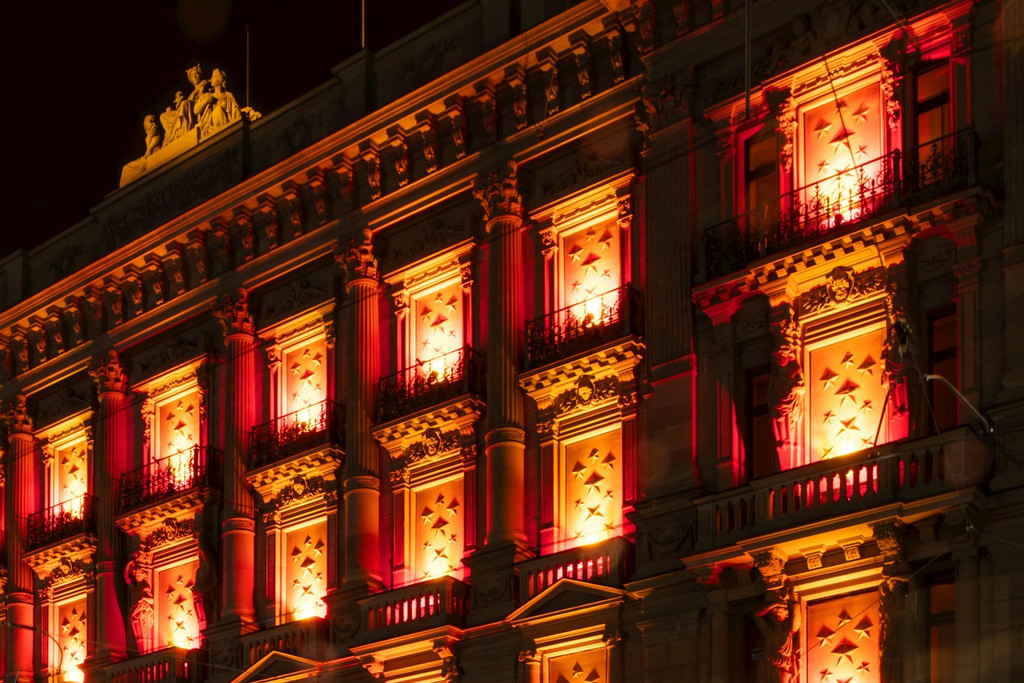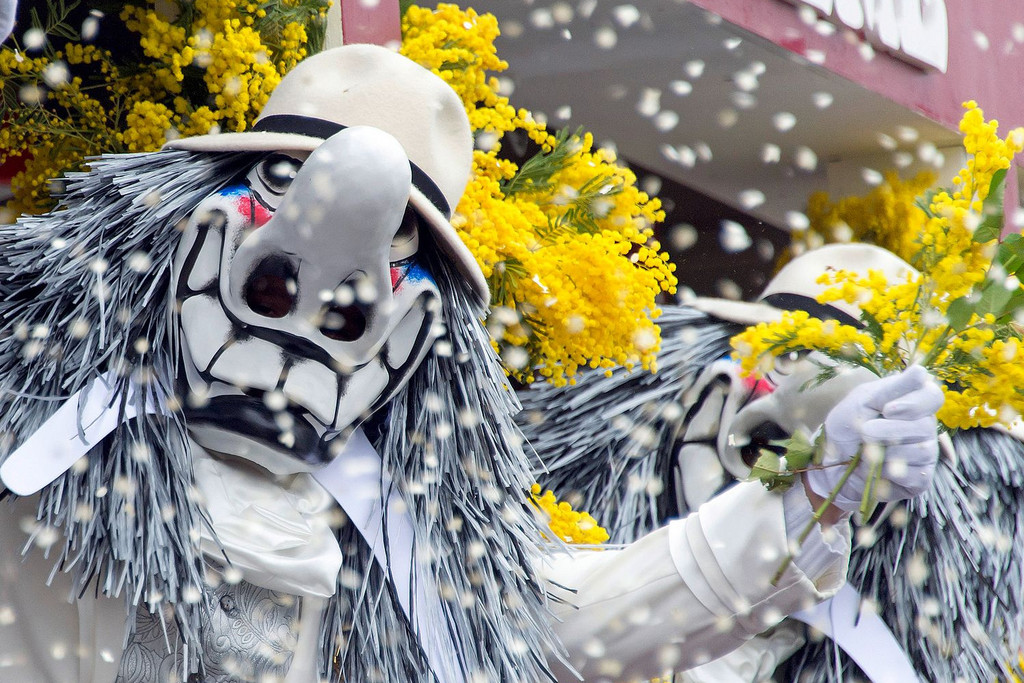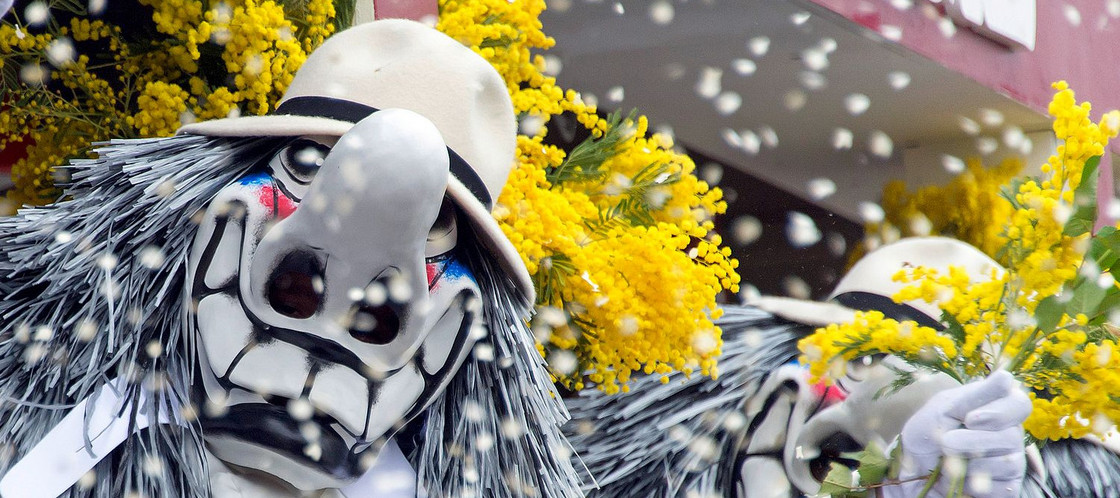
Triumphant ‘climate seniors’ cause a stir

The big wolf hunt in the Swiss mountains

News

What has Switzerland learned from the Credit Suisse debacle?

News

More money for defence, less for foreign aid

News


A ban on the import of around 30 invasive plant species – including popular plants like cherry laurel, butterfly bush and mimosa – came into force in Switzerland on 1 September. Its aim is to safeguard biodiversity and protect native species and habitats.
Planning to visit Switzerland soon and wondering what to take as a gift to your relatives? Unless you want to fall foul of customs, it is probably best not to pack any golden bamboo or large-leaved lupin seeds – two of the 30 or so plant species that have been banned in Switzerland since 1 September. This is according to the Swiss Release Ordinance, which governs the handling of invasive organisms, including non-native plant species, in the environment. The Federal Council revised the Release Ordinance last March, implementing a parliamentary motion.
Why is the ban necessary? It is because some invasive plant species are proliferating out of control, posing a threat not only to biodiversity but to the environment and public health. Certain species are spreading so quickly that they are crowding out native plants and even causing structural damage to buildings. It has been possible to sell and import many of these plants until now. But not anymore.
The new regulations affect some 30 plant species – from ornamental plants like butterfly bush, to kudzu, a fast-growing perennial vine native to Asia. One particular banned plant is the cherry laurel, which has become a popular addition to Swiss gardens. The cherry laurel is very convenient because it is easy to grow and has dense evergreen foliage that fills out rapidly and is good for privacy. It is also very hardy. The good news for anyone with a cherry laurel in their garden is that there is no need to dig your hedge up despite the ban. Anything that has already been planted can stay. In future, there will still be other ways to protect your property from prying eyes – garden and tree experts recommend alternatives like the Portuguese laurel or red-tip photinia. Many native shrubs also help to delineate gardens without screening them off entirely. Hawthorns, wayfaring trees, and barberry come to mind.
The crackdown was greeted with some consternation in Basel, because the list of banned species includes Acacia dealbata, or mimosa: a plant that is as synonymous with Basel Carnival as drums and piccolos. It is a well-known ritual to hand out ‘Mimöseli’ to the crowds lining the parade route. But Basel can breathe a sigh of relief. There is a ban on selling, importing and gifting potted mimosa or mimosa seeds, but the actual flowers can still be used provided they have been cut off without their roots. The next Basel Carnival will be the same as always.

The ban, which came into force on 1 September 2024, applies to the following plants: mimosa, bastard indigobush, Chinese mugwort, New York aster, water fern, paper mulberry, butterfly bush, Turkish warty cabbage, red osier, wall cotoneaster, wild cucumber/prickly cucumber, annual fleabane, goat’s rue, fowl mannagrass, vine honeysuckle, Japanese honeysuckle, large-leaved lupin, Java waterdropwort/Japanese parsley, Virginia creeper/five-leaved ivy, princess tree, crimson fountaingrass, fishpole bamboo, cherry laurel, black cherry, arrow bamboo, Himalayan blackberry, Japanese wineberry, broadleaf arrowhead, Caucasian stonecrop, lesser-Caucasian stonecrop, Chinese windmill palm.
Comments